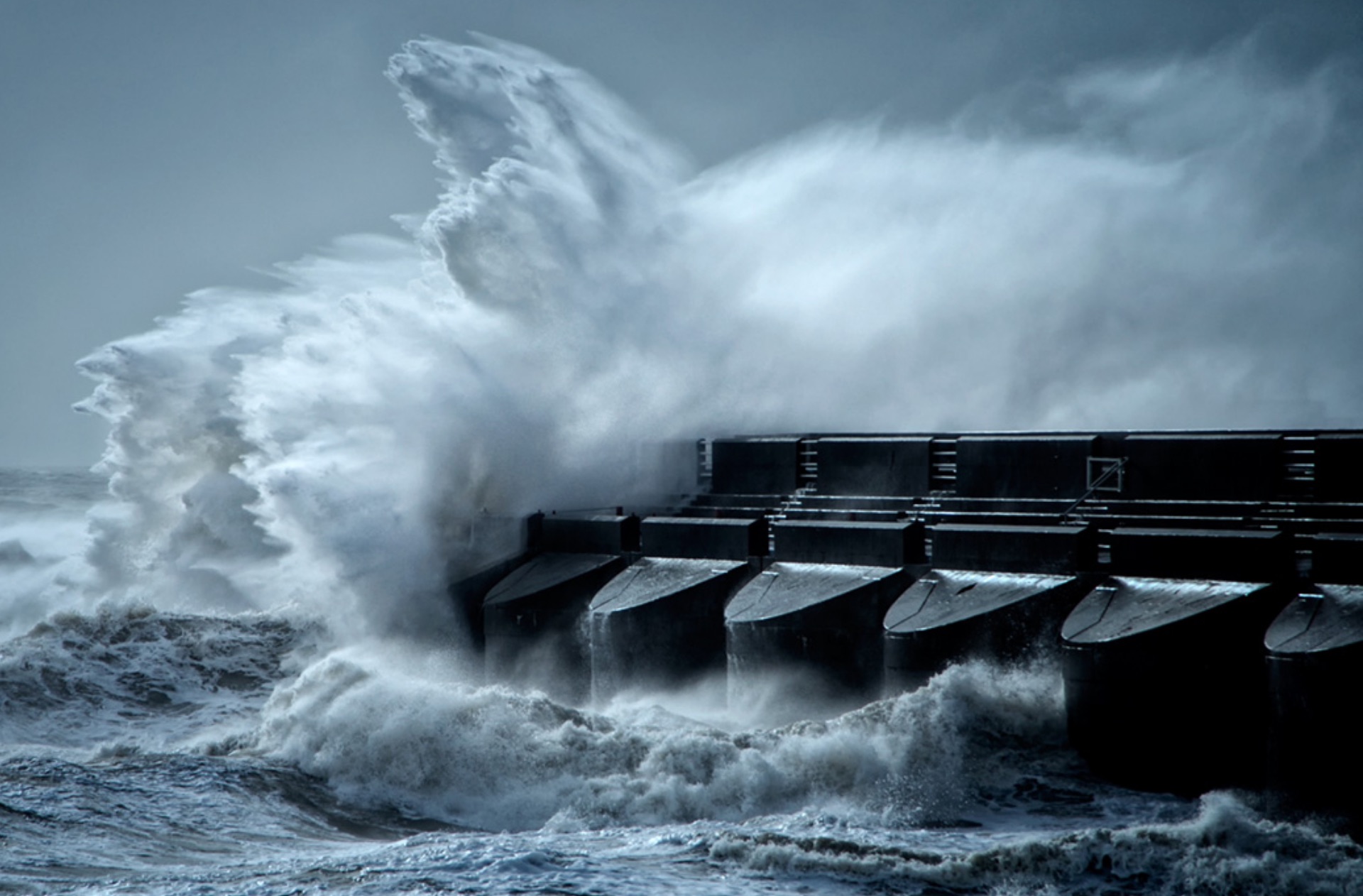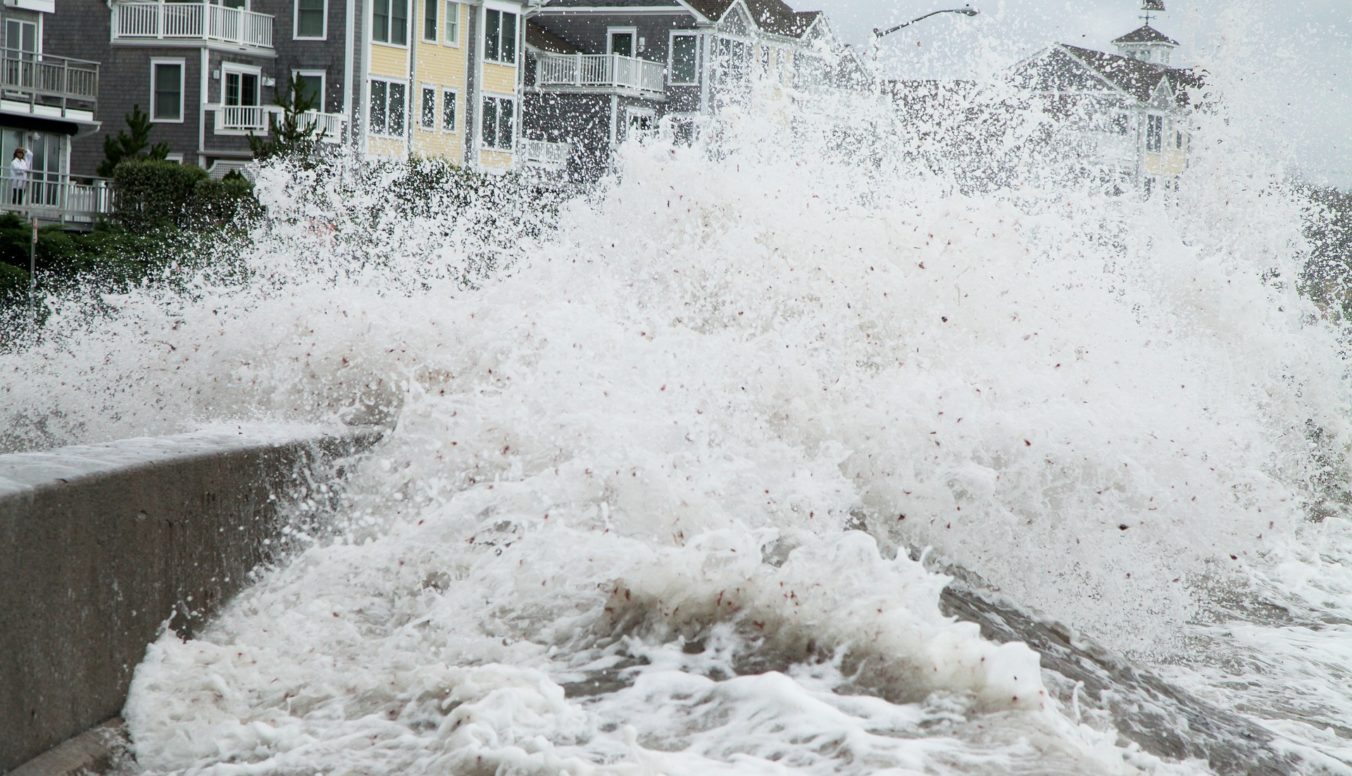New York University School of Law recently conducted an expert survey on the economics of climate change. Out of 738 PhD-level economists responding, 74% agreed that “immediate and drastic action is necessary.” Respondents estimated that “economic damages from climate change will reach $1.7 trillion per year by 2025, and roughly $30 trillion per year (5% of projected GDP) by 2075 if the current warming trend continues.”1
Mitigating and adapting to climate change requires multiple interventions across multiple sectors, which is why the $2 trillion infrastructure plan announced last week by President Biden is an interesting read. The White House release states that “domestic investment as a share of the economy has fallen by more than 40 percent since the 1960s” leaving the U.S. 13th in the world when it comes to the “overall quality of our infrastructure.”2
Even with rapid decarbonization, near-term physical climate risk will further challenge crumbling infrastructure. The White House notes that, in 2020, “the United States faced 22 extreme weather and climate-related disaster events with losses exceeding $1 billion each – a cumulative price tag of nearly $100 billion.”2
In addition to fixing and improving transportation systems, among many other measures, the plan seeks investment to increase the resilience of low-income communities likely to be impacted by physical climate risks, improve access to high-speed broadband, and upgrade and retrofit buildings, including schools, for energy efficiency and air quality, alongside various measures that seek to address “long-standing and persistent racial injustice.”2
The plan also calls for funding to “establish the United States as a leader in climate science, innovation, and R&D,” listing key priorities as “utility-scale energy storage, carbon capture and storage, hydrogen, advanced nuclear, rare earth element separations, floating offshore wind, biofuel/bioproducts, quantum computing, and electric vehicles, as well as strengthening U.S. technological leadership in these areas in global markets.” Funding for innovation is critical if we are to achieve the “immediate and drastic action” expert economists recommend.2
[1] https://policyintegrity.org/publications/detail/gauging-economic-consensus-on-climate-change-issue-brief [2] https://www.whitehouse.gov/briefing-room/statements-releases/2021/03/31/fact-sheet-the-american-jobs-plan/


